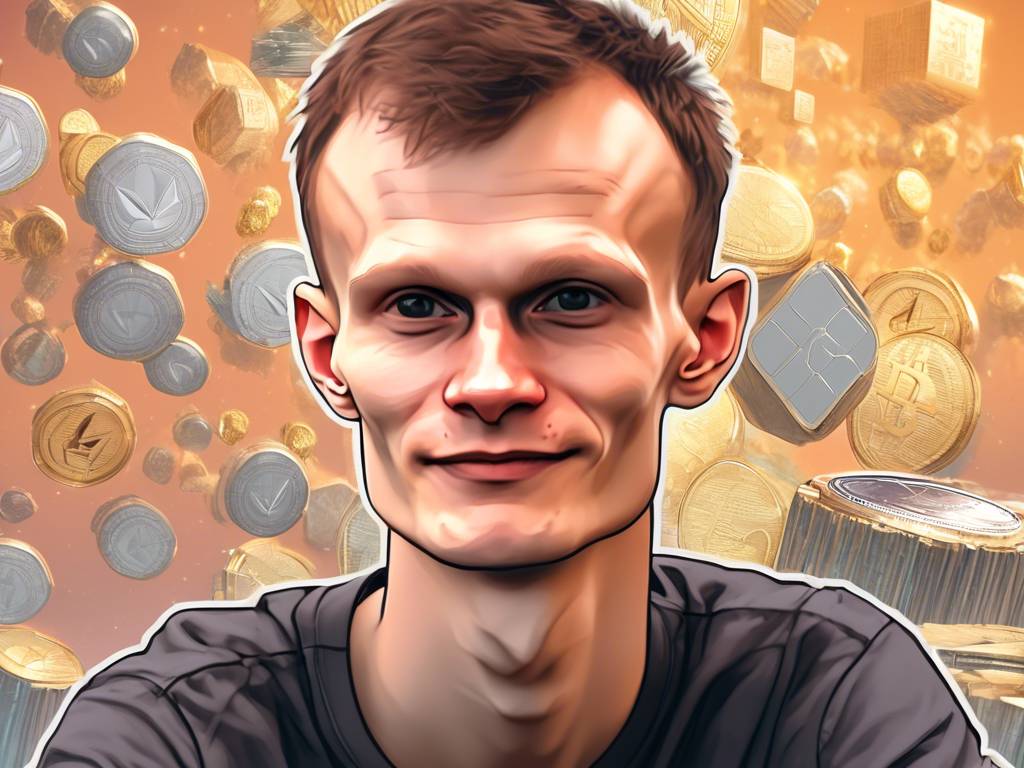Decentralization Challenges Addressed by Vitalik Buterin
Vitalik Buterin, co-founder of Ethereum, recently shared insights on key decentralization challenges facing the Ethereum network in a comprehensive blog post. Buterin highlighted three critical areas that need attention: Miner Extractable Value (MEV), staking complexities, and hardware requirements for running nodes. He emphasized that although concerns about Ethereum’s design are widespread, addressing these issues may be more achievable than many realize.
🔹 Mitigating MEV
– MEV, or Miner Extractable Value, refers to the profit that block producers can gain by manipulating transactions within a block.
– This manipulation can create an unfair advantage for those with more resources and technical know-how, undermining trust in the network.
– **MEV Minimization:**
– Utilizes protocols like CowSwap to promote fair trading.
– Encrypted transaction pools (mempools) prevent exploitation by hiding transaction details until confirmation.
– **MEV Quarantining:**
– Separates the roles of validators and block builders to reduce MEV impact.
– Proposer-Builder Separation (PBS) ensures those proposing transactions cannot include them in blocks.
– Vitalik suggested the use of inclusion lists to mandate specific transactions in a block for better control.
🔹 Ethereum Staking Complexities
– Solo staking on Ethereum currently requires a minimum of 32 ETH and significant technical expertise.
– Many users opt for services like Lido and RocketPool, posing a risk to decentralization.
– **Proposed Solutions:**
– Technologies like Verkle trees and EIP-4444 could reduce storage needs to under 100 gigabytes.
– Consider lowering the 32 ETH minimum for staking.
– Buterin envisions a future where even browser extension wallets can run nodes, but cautions against centralization risks from offloading data storage responsibilities to a few large entities.
🔹 Call to Action
– Buterin emphasizes the importance of respecting Ethereum’s unique features and continually improving them as the network expands.
– By addressing MEV concerns, simplifying staking processes, and reducing node hardware requirements, Ethereum aims to bolster its decentralization and resilience.
Hot Take: Vitalik Buterin’s Vision for Ethereum’s Future
Vitalik Buterin provides valuable insights into addressing key decentralization challenges within the Ethereum network, outlining strategies to mitigate MEV and simplify staking procedures. By focusing on enhancing trust, fairness, and decentralization, Ethereum aims to strengthen its position as a leading blockchain platform in the evolving digital landscape.





 By
By
 By
By
 By
By

 By
By
 By
By